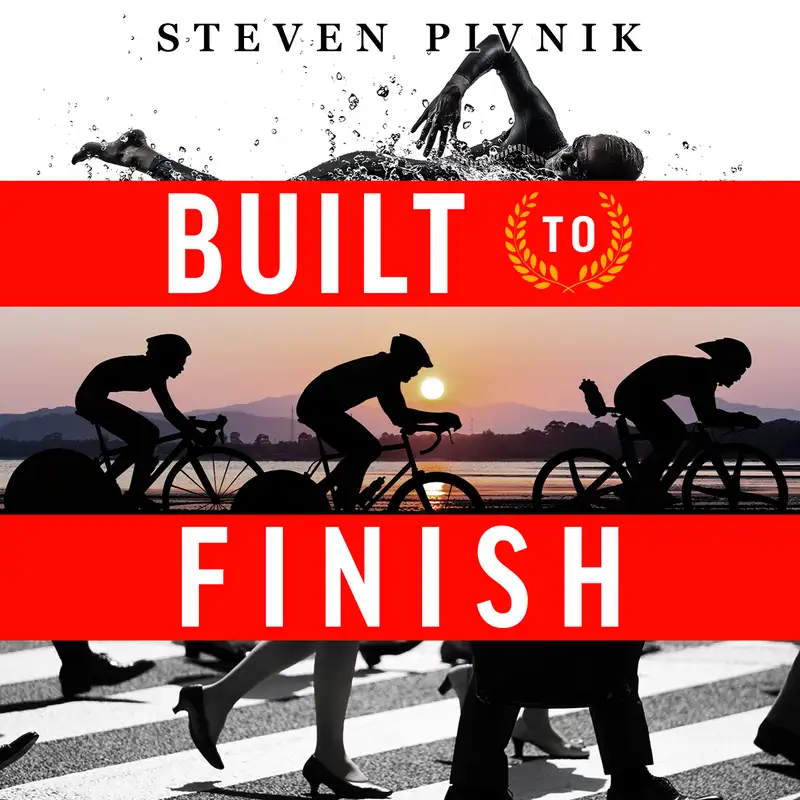Ismael Larrosa on Luck, Design, and Navigating the Startup Rollercoaster
Ismael Larrosa, Founder and CEO of the UX-led development company Capicua, joins the show to discuss his entrepreneurial journey, from defying his father's wishes to attend design school to leading one of the fastest-growing companies in the Americas. Ismael shares his philosophy on the significant role luck plays in success, the importance of choosing the harder, more sustainable path, and how founders can manage the emotional highs and lows of the startup world. The conversation also explores practical strategies for stabilizing revenue, the transformative power of generative AI as a tool for both developers and designers, and why the future of the office depends on fostering creativity, not just offering perks.
Takeaways:
- Choose the Harder Path for Long-Term Growth. When faced with two choices, opt for the one that is more difficult but ultimately more sustainable. This approach helps build skills and creates more robust, long-term solutions for clients.
- Stabilize the Emotional Rollercoaster. In the early days of a startup, the highs are very high and the lows are very low. To make the journey less stressful, work on strategies that decrease the frequency and gap between those peaks and valleys for a more manageable ride.
- Escape the "Feast or Famine" Cycle. To create more consistent revenue in a service-based business, you must always be prospecting, selling, and closing. You can further stabilize this by shrinking your scope and focusing on the specific types of clients, problems, and services you are best at.
- Use AI to Enhance, Not Just Accelerate. Treat AI tools like GitHub Copilot as productivity enhancers, not magic wands. The time saved by AI should be reinvested into improving other aspects of the product, such as documentation, quality assurance, and testing, to deliver more value to the customer.
- Make the Office a Hub for Creativity. Forcing employees back to an office only works if you provide value they can't get at home. Instead of focusing on perks like restaurants or gyms, redesign the office experience around collaborative, creative work that solves problems in ways that are not possible in a distributed environment.
- Win on Emotion, Not Just Logic. Competitors can often match logical features, but true differentiation comes from appealing to the user's psychological and emotional needs. As Ismael notes with Apple, a user's feeling about a product is a sign that the company understands them on a deeper level.
Quote of the Show:
- "Design is something that you can't explain logically. You can only explain emotionally."
Links:
- LinkedIn: https://www.linkedin.com/in/ismael-larrosa-fernandez/
- Website: https://www.capicua.com/
Creators and Guests



